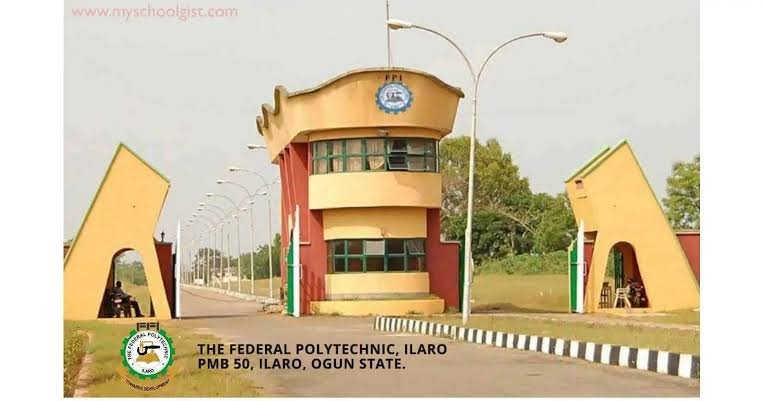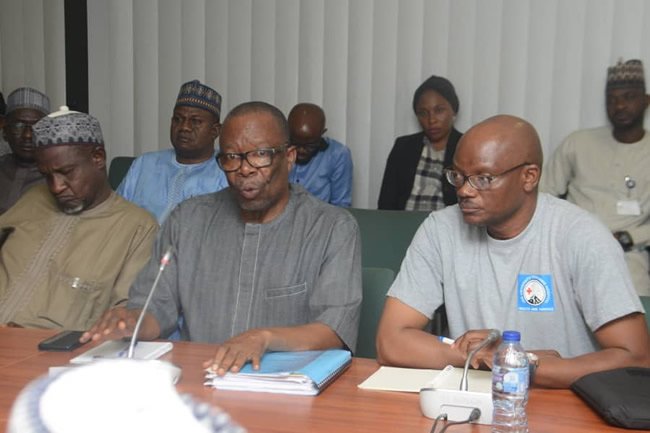Some of the demands of the four unions that led to the strike include the renegotiation of the 2009 agreements, the alleged inconsistencies occasioned by the Integrated Payroll and Personnel Information System, IPPIS, the non-payment of earned allowances, payment of arrears of the National Minimum wage, the revitalization fund and the release of white papers on visitation panel reports among others.
While ASUU has developed its preferred payment platform, the University Transparency Accountability Solution, UTAS, the two non-teaching staff unions of SSANU and NASU demanded the replacement of IPPIS with the University Peculiar Personnel Payroll System, U3PS.
The Federal Government through the Minister of Labour and Employment, Senator Chris Ngige had met with the striking lecturers to resolve the impasse but all to no avail.
This culminated in the evocation of the “No work, no pay” policy by the government and the dragging of the striking workers to the National Industrial Court of Nigeria, NICN.
The court had last week in a ruling on an interlocutory injunction brought by the Federal Government, ordered ASUU to go back to work, while the negotiations on their demands goes on, but the university teachers have applied for a stay of execution on the ruling.
Vanguard reliably gathered that while the strike lingers, ASUU has recorded unprecedented casualties as many of the lecturers have lost their lives due to available funds to take care of their immediate needs including health challenges.
It was also gathered that some non-teaching staff have also died as a result of not meeting up with their financial obligations due to the stoppage of their salaries.
Reliable sources at the University of Calabar, UNICAL, told this paper that over 21 teaching staff of the university have lost their lives.
One of the sources that spoke to Vanguard on the condition of anonymity said, “In the University of Calabar alone, we have lost over 21 teaching staff. We have also lost non-teaching staff.
“When SSANU and NASU suspended their own strike, it was reported at that time that 21 lecturers lost their lives and from then till now, more deaths have been recorded.
“The reason for this ugly development is lack of money. Apart from the young one that died as a result of a gas explosion in his house, most of the death was due to a lack of money to address their health challenges.
“Because the government has stopped payment of salaries because of the no work, no pay policy, most of them don’t have money to buy drugs or take their medications.
“In fact, on two occasions, the university did commendation services on two lecturers within one-hour interval, a Professor and a senior lecturer.”
One of the sources, who is an insider in University union affairs said that an available report indicated that the University of Maiduguri had lost about 76 teaching and non-teaching staff since the federal government invoked the no work, no pay policy.
The Chairman of ASUU, UNICAL Chapter, Dr. John Edor confirmed the death of his colleagues but quickly added that they lost between 10 and 15 members.
Informed that sources within the university community put the death toll at 21, he said, “It is not up to that but we have lost some of our Comrades.”
He also confirmed that the sad development was a result of the stoppage of salaries of the lecturers.
He said that the chapter has been assisting members within the limit of its resources.
Another highly placed union officer informed Vanguard that SSANU lost one of its National Vice presidents recently, while a Professor at the Federal University of Technology Owerri also lost his life.
“I am telling you that many of our members in the public universities have died as a result of this strike.
“Even some of the staff that suspended the strike since August have not been paid the August and September salaries and they are finding it difficult to go to work. Campuses are scanty, people don’t have money to transport themselves,” the source said.








